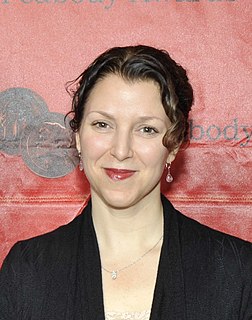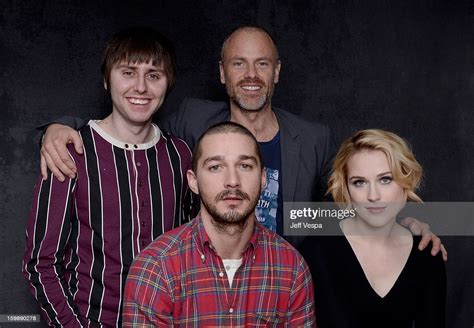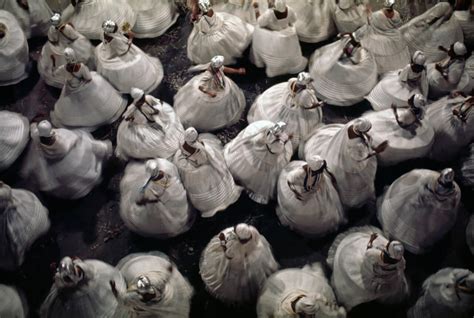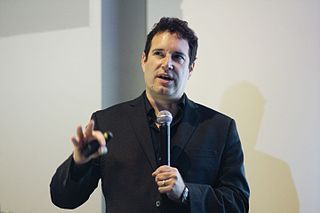A Quote by Jeffrey Zeldman
The printed word will be around long after many of our digital creations are gone, either because books don't require monthly hosting, and blogs and websites do... or because the languages and platforms for which a particular digital creation was published will become obsolete.
Related Quotes
Some day, as soon as a book is printed it will be simultaneously put into digital form. That will be a wonderful research tool, but it will never substitute for holding the book. I feel certain that at least within my lifetime, everyone will still be going to the bookstore and buying printed books. Thank God I'll die before I have to worry about whether the printed book itself will disappear. That's something I don't want to live to see.
In every part of the world with which I am familiar, young people are completely immersed in the digital world - so much so, that it is inconceivable to them that they can, for long, be separated from their devices. Indeed, many of us who are not young, who are 'digital immigrants' rather than 'digital natives,' are also wedded to, if not dependent on, our digital devices.
The digital age is for me in many ways about temporal wounding. It's really messed up our ontological clocks. In the digital economy, everything is archived, catalogued, readily available, and yet nothing really endures. The links are digital encryptions that can and won't be located. That will have to be reassembled over time. It won't be exactly what it was. There will be some slightly altered version. So the book is both an immaterial and material artifact.



































